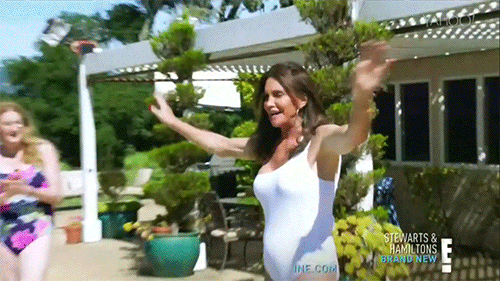Reality TV can’t handle queer characters, and I’m glad
By Matilda Douglas-Henry
At first glance, it may seem like queers are totally non-existent in reality television. Consider Married at First Sight – a show that polls an overwhelming gross factor in our community. For those who are lucky enough to be unfamiliar, the title is self-explanatory: two strangers (who I presume are obsessed with the sanctity of marriage) agree to marry, clapping eyes on one another for the first time only when the bride walks down the aisle.
Considering it is illegal for us to exchange vows, it’s a totally depressing and disturbing viewing experience. The banality and ignorance of heterosexuals is performed on an epic scale. This is hardly uncommon onscreen, however – particularly when it comes to reality TV. The glossy allure and formulaic structure doesn’t adhere to the more provocative queerness that seems to be a mandatory element of recent drama series’.
Still, reality television is sort of progressing, much like our society sort of is. In recent years, competitions in particular always seem to have a resident gay contestant – I was, controversially, a major fan of My Kitchen Rules’ Peter and Gary, who fought it out for the top spot way back in 2012. Other queer couples are particularly hard to come by – non-binaries are almost totally overlooked, and there seems to be a pretty weird approach to lesbians too. Remember the two girls on My Kitchen Rules in 2014 who were advertised as best friends, only for it to be revealed once they were ELIMINATED that they had always been a lesbian couple? And that they decided they wouldn’t disclose the status of their relationship while they were on the show because it was too ‘risky’?
(All this perpetuates my theory that every ‘family friendly’ show wants a Cam and Mitchell from Modern Family sort of gay; anything else would incite some sort of cause célèbre).
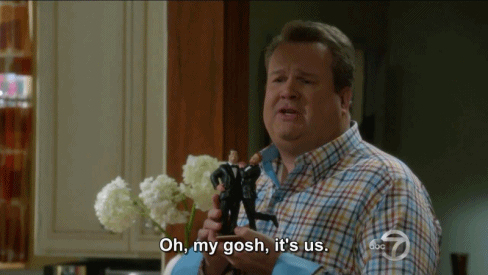
It’s impossible to talk about queerness and reality television without mentioning Caitlyn Jenner.
Keeping up with the Kardashians is the reality program. It’s what catapulted the most famous family in the world into the spotlight. I honestly can’t remember what the internet looked like before memes of crying Kim Kardashian, or in-depth critiques of Kylie Jenner’s array of multi-coloured wigs. They’re the Brady Bunch of the 21st century – there are a lot of them and they get up to all sorts of mischief, but at the end of the day they’re as conventional and nuclear as, well, the Brady Bunch.
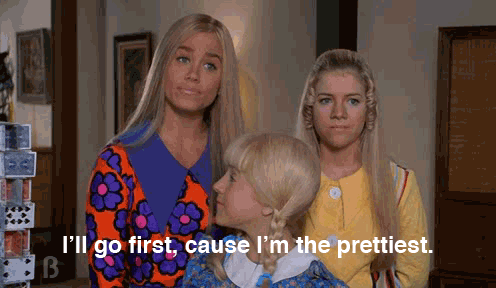
When the family’s patriarch came out as trans last year, I was intrigued to see how the Kardashian-Jenners – who I (ignorantly) assumed to be relatively uneducated on the many facets of the queer community – would navigate this shift.
Yet there was hardly any time given within the program to explore Caitlyn’s transition. There was the highly publicised ‘About Bruce’ – two episodes that were released just after the now famous Diane Sawyer interview on 20/20 – that showed the family ‘coming to terms’ with this change. Then, Caitlyn got her own show, I Am Cait, and ever since she has essentially been ousted from the very heteronormative reality show that she started out on. She appears occasionally at big family events, only to be the subject of jokes and petty ridicule.
So queers can certainly exist on reality TV, but they either need to conform to heteronormative standards or shuffle off to another world if the queerness is too ‘extreme’ (Ru Paul’s Drag Race fits into this category too).
It’s not that the Kardashian-Jenners have handled Caitlyn’s coming out badly at all. What seems to be the issue here is that the reality TV formula cannot cater to the nuance and complexity of an ‘unconventional’ queer experience. It begs the question: what is it about the conventions of reality TV that call for such ‘homonormativity?’
Reason A: The class divide
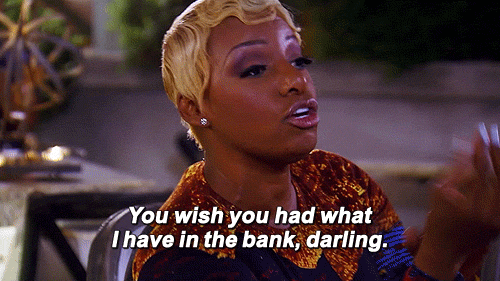
Reality shows are set on epitomising the experience of luxurious privilege (KUWTK, Real Housewives franchise), or stereotyping ‘disadvantaged’ groups (remember Struggle Street?). Operating within these polarised conditions alone (with the format serving only to exaggerate the narrative) leaves little room for our community. Caitlyn Jenner is someone who dealt with gender dysphoria her entire life, but couldn’t speak out due to the pressures she felt from being an Olympic athlete and her rising fame. Conversely, programs that exploit less well-off groups are hardly likely to include a warming coming out scene. The format wants to perpetuate drama. Which brings us to…
Reason B: The need for drama and provocation
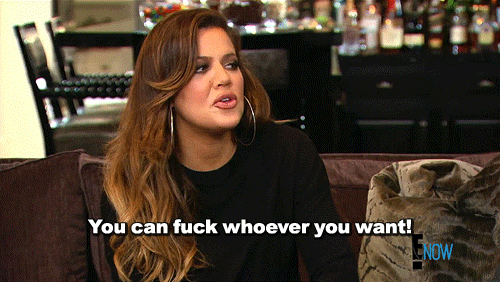
We are hooked on these programs for the ‘real’ scandal. We love the fights and the gossip, and being a fly on the wall for the debauchery and the backstabbing. Unfortunately queer people are often outsiders by default in social scenarios (statistically speaking), and privileged straight people who are really just intimidated by our radiant brilliance are prone to tear down the underdog. So it’s not that Kris Jenner is a terrible person when she refuses to kiss Caitlyn hello, or that the girls are heartless when they make fun of her heavily made-up face. It’s a seed planted by the producers who want to capitalise on this inherent flaw in our society; an attempt to incorporate some droll ‘real-life’ tropes into such a fabricated world.
Reason C: Reality TV is an absurd portrayal of ‘who we are’
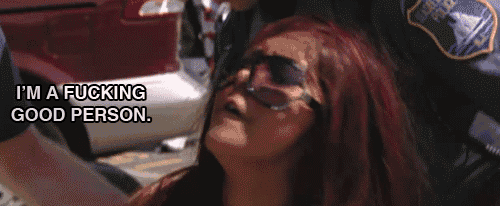
Reality television provides us with caricatures of humanity. Some shows play out like a tongue-in-cheek satire. A lot of the people who watch these programs tune in to see a Bizarro projection of themselves; an absurd world is painted, completely different from their own, but they’re relating to the characters. Much like an obsession with celebrity, you want to be comforted; you want to see that they’re ‘just like us’. Unfortunately the key viewing demographic of reality TV is just as heteronormative as the format. If you wanted a show about a sexually fluid girl gang dealing with love, life, fashion and everything in between in a coastal NSW town (I just made that up, but it sounds pretty mint), we’ll have to wait until the whole world goes queer (I’m working on it).
Solution: None, but actually who cares?
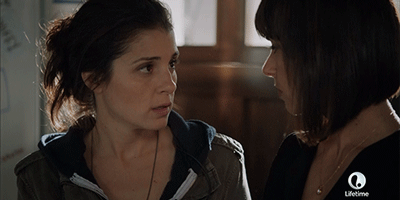
Now I’m feeling pretty fucking grateful that we don’t have to be assimilated into the perversely satisfying facade that is reality television. It’s only a matter of time before the straight (AKA boring) portion of the population realises how exceptional we are. Hopefully, by that point, we’ll be responsible for all the major networks.


